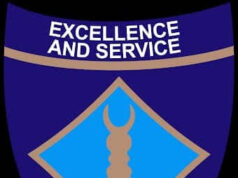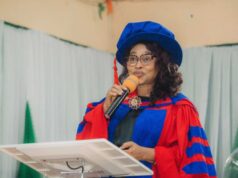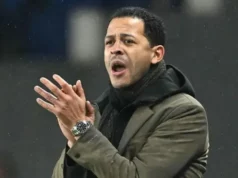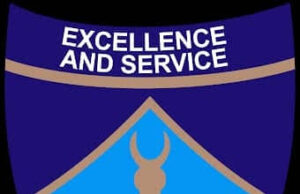The National Security Council presided over by President Muhammadu Buhari has resolved to seek the cooperation of states and local government areas as it seeks new ways out of the burgeoning insecurity crisis in the country. This is even as it has described as unpredictable, the country’s security as the successes made in that regard continues to fluctuate.
The National Security Adviser, Major General Babagana Monguno, who briefed State House correspondents at the end of the meeting, when asked to give a general assessment of the nation’s security situation and judge whether it is stable or critical, said: “The security situation is like a graph, sometimes it goes up, sometimes it comes down and that is why we have to assess it periodically. It will never remain at the same level until we bring the whole situation to an end.
“Sometimes it could escalate, sometimes, it would go down. So there is no perfect answer to that. If I tell you that it has improved and as we walk out of this place, something might happen. There might be an explosion somewhere. These are things that are not predictable; these are things that you cannot actually determine. That is the nature of this type of conflict we are facing.”
Regarding whether the call for service chiefs’ resignation featured on the agenda of the meeting, the NSA said: “The meeting basically made an appraisal of the current security situation in the country and took a look at the possibilities, the opportunities available to government in addressing most of the recent challenges.
“There were discussions and at the end of the day, the most important thing that we came up with is the need to for collaboration both between governmental agencies and the larger Nigerian society because of the type of the insurgencies we are faced with, the complexities, the multiplicity of all kinds of issues.
“There is a need for both parties – governmental agencies on one hand and the larger society (on the other) to collaborate more vigorously.
“There is a need for us to deal with these problems in a comprehensive manner.
“Therefore, the council has decided to take a closer look at issues that will help us not just at the federal level or at the state level, but right down at the local government level. But this is going to be done after due consultations with the relevant stakeholders.”
Asked to give the specifics of the collaboration sought, he said: “The issue of collaboration, it’s not something that I can disclose right now.
“We just concluded the meeting and we have to look at the issues before coming out with whatever decision.
“For collaboration, I want to think that everybody understands the need for a whole government approach in collaborating with the whole society for the approach to achieve a lot.
“This situation requires everybody in the country to work together to deal with these challenges. So, where there are gaps we need to close. That is what I mean by collaboration.”
On the resolution passed by the House of Representatives asking Mr President to relieve the service chiefs of their appointments, Monguna simply said that it was not discussed at the meeting.
In attendance at the meeting were Vice President Yemi Osinbajo; Minister of Defence, Bashir Salihu Magashi; Minister of Interior, Ogbeni Rauf Aregbesola, and the National Security Adviser (NSA) Babagana Monguno (retd.).
Others were the Chief of Defense Staff, General Gabriel Olonisakin; Chief of Army Staff, Lt. Gen. Tukur Buratai; Chief of Naval Staff, Vice Admiral Ibok Ekwe Ibas; Chief of Air Staff, Air Marshall Sadique Abubakar; Inspector-General of Police, Mohammed Adamu; Director-General of the National Intelligence Agency (NIA), Ahmed Rafa’i Abubakar; and the Director-General of the Directorate of State Services (DSS) Yusuf Magaji Bichi.









